Growing up in Canada, we didn’t celebrate or observe Asian Heritage Month, which became official in 2002. I don’t know if it was a big thing for my peers growing up, but I’m unsure about what this month means right now. For the past 3 years (after being bombarded for various requests in 2021), I have not been hired or called for a single thing related to being Asian. And I’m actually ok with this because I have found the ways we celebrate this month not enough for me.
Being Asian in this country is complicated. I’ve always been wary of being labeled as something due to a geographic location. The messy history among Asian countries and how all our cultures and languages are so different makes us quite different. I tend to lean into being seen as Korean more than being Asian, because being Asian is often how others perceive me before they know anything about me.
To know me, means also knowing my parents and my grandparents. I think about my dad’s father, who left Manchuria right before the war broke out in Korea because he had a gut feeling something bad was about to happen. On my mom’s side, my grandfather was a military solider during the Korean war who was a guard during the Geoje POW uprising and had no choice but to kill as many people as he could to survive. That PTSD followed him for a long time. My mom’s mother died young, leaving behind my mom, her two siblings and my grandfather. And lastly, I have a 98 year old grandma, miraculously still alive after living through the Japanese occupation, the Korean War, losing her husband, two of her children, and her memory.
My parents grew up in Korea under the Park Chung Hee dictatorship and left while the country was struggling under the Chun Doo Hwan military dictatorship. This is what they carried with them when they came to Canada as missionaries. They started life in Canada at poultry factories and textile factories. I remember sleeping on the floor with them. I asked them what kind of car they had when I was born and they said they didn’t have one. Though they eventually found steady careers, their early experiences have stayed with them.
This is what is in my DNA. The study of epigenetics looks into how trauma can be passed through our family members and can influence our genes and why we may be the way we are today. We carry what our parents carried with them.
Being Korean isn’t based on what I eat or what shows I watch, though I find these to be powerful and important ways for me to feel a closeness to my culture. Instead, being Korean is everything that came before me. It’s the history, the trauma, the resistance, the struggles and the victories that my parents and my grandparents went through that make me Korean. I didn’t grow up in an occupied country, but I can feel it in my bones when there is a need to resist an attempt to erase who I am. Even in the midst of the trauma and deep sadness of han (한)*, I also carry the resilience and perseverance my ancestors carried.
For a long time, I was desperate to be seen as a Korean or an Asian person. But, I don’t feel that need anymore. So many of us have been in this country for a long time, we’ve been American for a long time (the first group of Filipinos came to California in 1587!) and I think, now that it’s 2024, we are finding ways to be ourselves without pandering to any standards of “Americanness”, whatever you think that means.
June is Immigrant Heritage Month, so I hope some of what I share will allow you to have insight into what many of us go through.
Kyunghee Kim shared a post about how our creativity comes from being an immigrant. “My parents had to create a life for us in a place where we weren’t wanted. they were innovators. Survival is a creative act. It’s possible that your creativity stems from the very thing that you thought was a limitation.”
I used to think where I came from and how I got started off in this life wasn’t fair. I couldn’t understand my parents and even felt embarrassed at times. That’s not the case anymore. I’m proud of where I come from, how I’ve made it to where I am even without generational wealth, navigating social circles with parents who didn’t fully understand the culture or language, and finding my way through the journalism industry which often favors nepo babies. Their past experiences have equipped me to thrive today.
I leave you with a piece published in NPR in 2018, when I started to explore my own Koreanness along with other Koreans part of the diaspora. I wasn’t satisfied with how little Asians were represented in the media and Hollywood so I started this project with the intention of flooding Instagram’s feed with Asian faces.
*Han is a uniquely Korean concept that even Koreans have a hard time defining.
It's considered impossible to translate into English, but it's often described as an internalized feeling of deep sorrow, injustice, resentment, regret and anger.


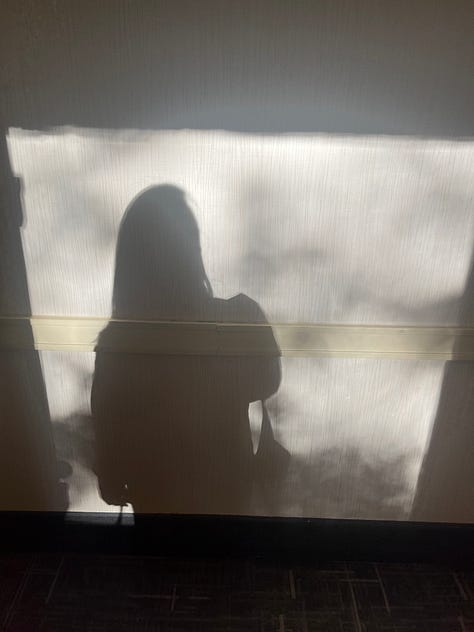
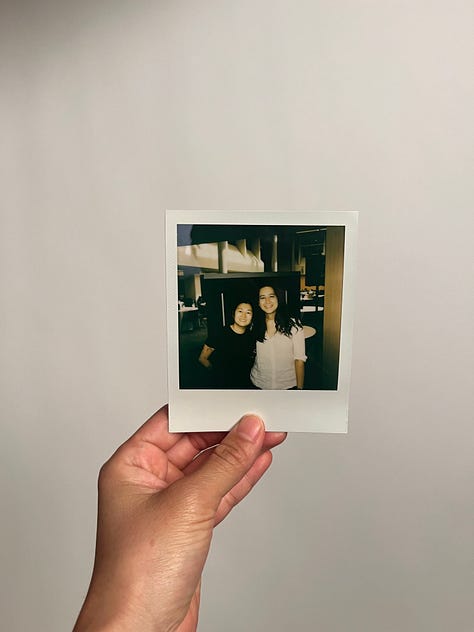
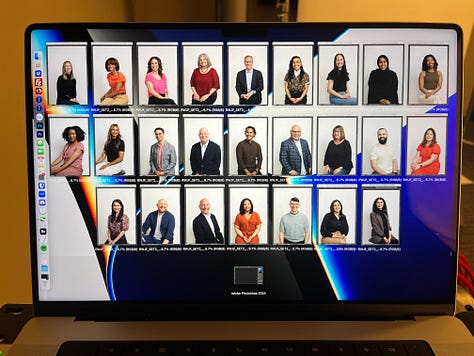
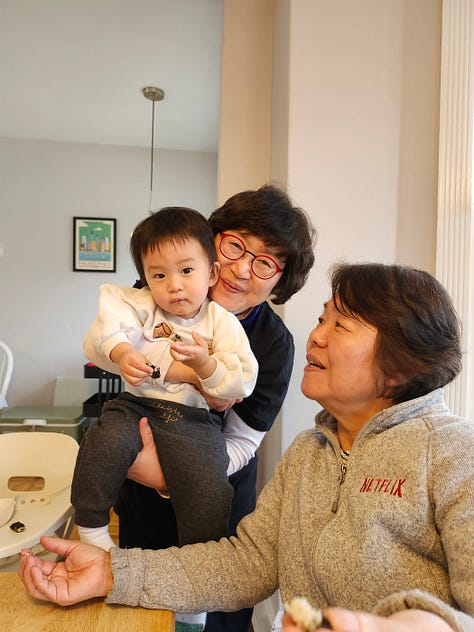
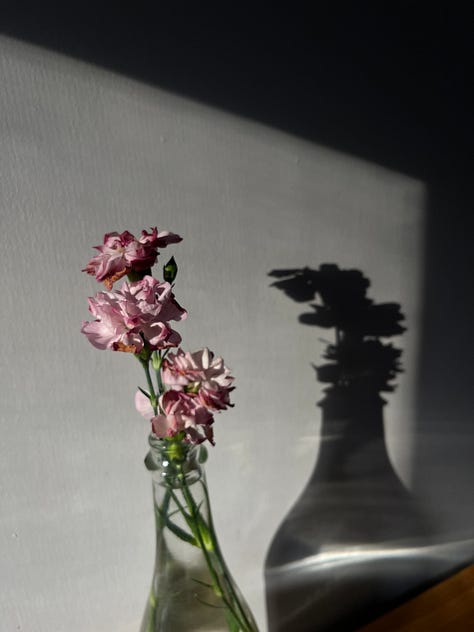
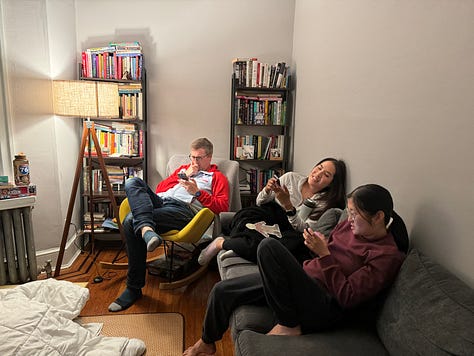

Recent Work…
If you like Southeast Asian food, you need to make a visit to Philly asap. We have the Southeast Asian Market every Saturday and Sunday with over 70 vendors serving foods from Thailand, Indonesia, Cambodia, Vietnam and Laos. There was a special event with some of the vendors which I was able to photograph.
This is a sneak peek into a personal project I’m starting on Korean-owned dry cleaners. Though most are owned by immigrants, Grace and her siblings are part of a group of Korean Americans who are following their parents’ footsteps in running the business. More to come….
Some more photos from a personal project exploring matrescence and why this country needs paid family leave.
Though May was a busy month, strangely nothing big I worked on was published.
Other published work…
The Washington Post - Schools that never needed AC are now overheating. Fixes will cost billions.
The New York Times - ‘Where Did Justine Go?’ One Woman Disappears Into Devotion
Other updates…
As I mentioned last month, next month, on Saturday, June 15, I will be speaking at a Korean American youth conference in Chicago about my work as a Korean American photographer.
I haven’t done a portfolio review in a long time, but last week I met with a few folks from Redeye Reps who gave me positive feedback on my work, guidance on how to reach commercial clients and even gave much-needed feedback on my website. They even gave me tips on how to start doing test shoots and how to use the work I’ve done for editorial assignments to cater to commercial clients. At a time when I’ve been questioning my work and my place in the industry, the review came at the perfect time! Highly recommend reaching out to them. If you’re a BIPOC photographer, you can get a free review.
Links, podcasts, blogs ✨✨✨
Kholood Eid’s beautiful and personal piece for the New Yorker on the quiet act of documenting her life as a Palestinian American and how it is a kind of protest against erasure.
The Atlantic’s podcast explores the question of how can we keep time?
Henrik Karlsson’s post about having more interesting ideas resonated with me
My friend Kristen T. Lee shares a list of 10 books that remind us there is no singular Asian American experience
✨✨✨ Until next time!

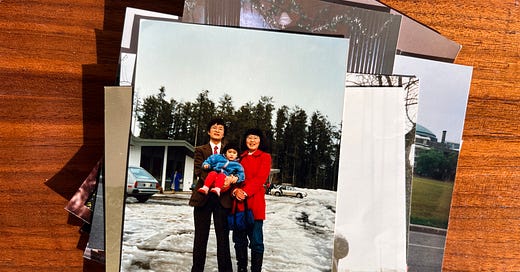



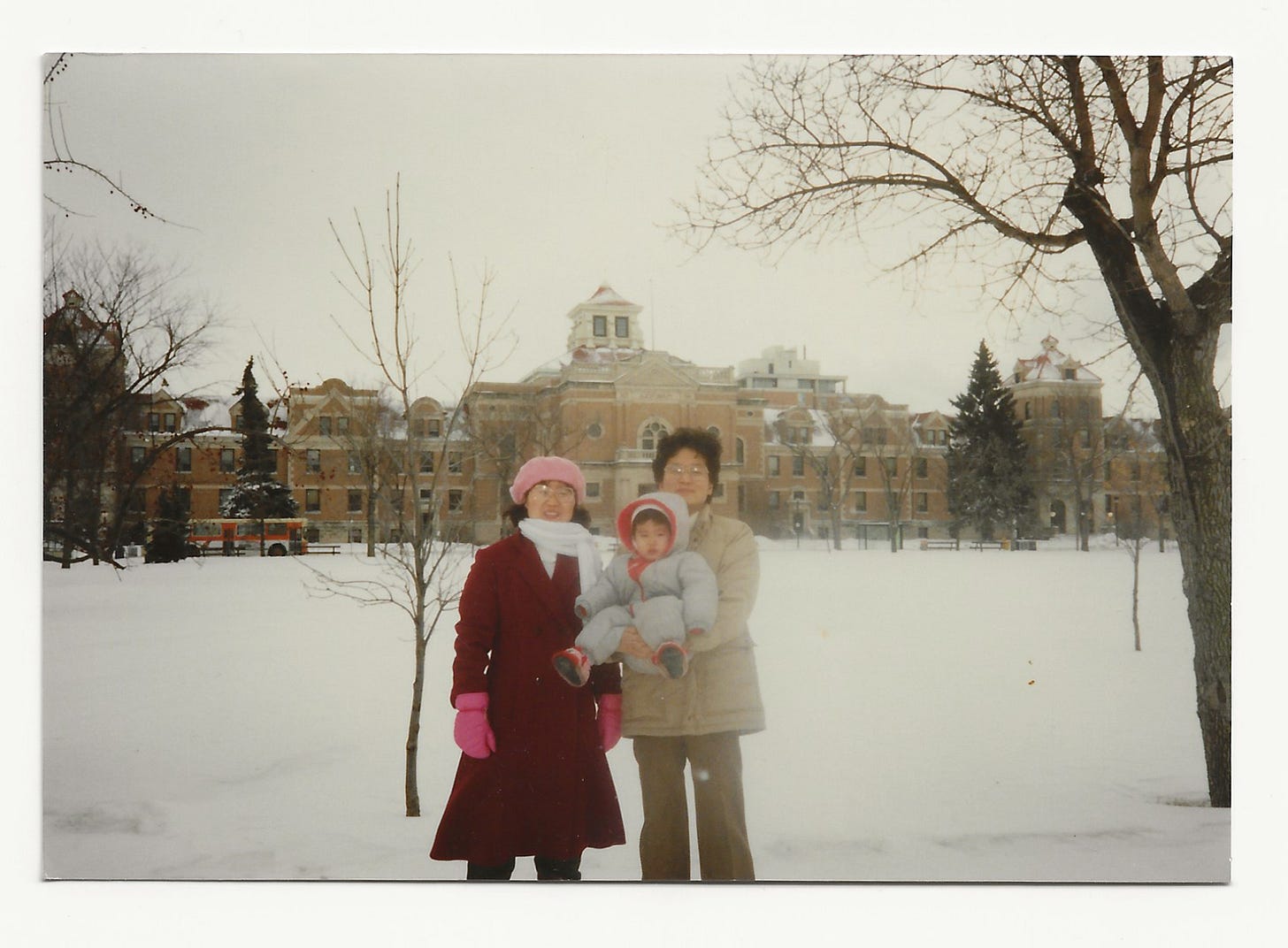
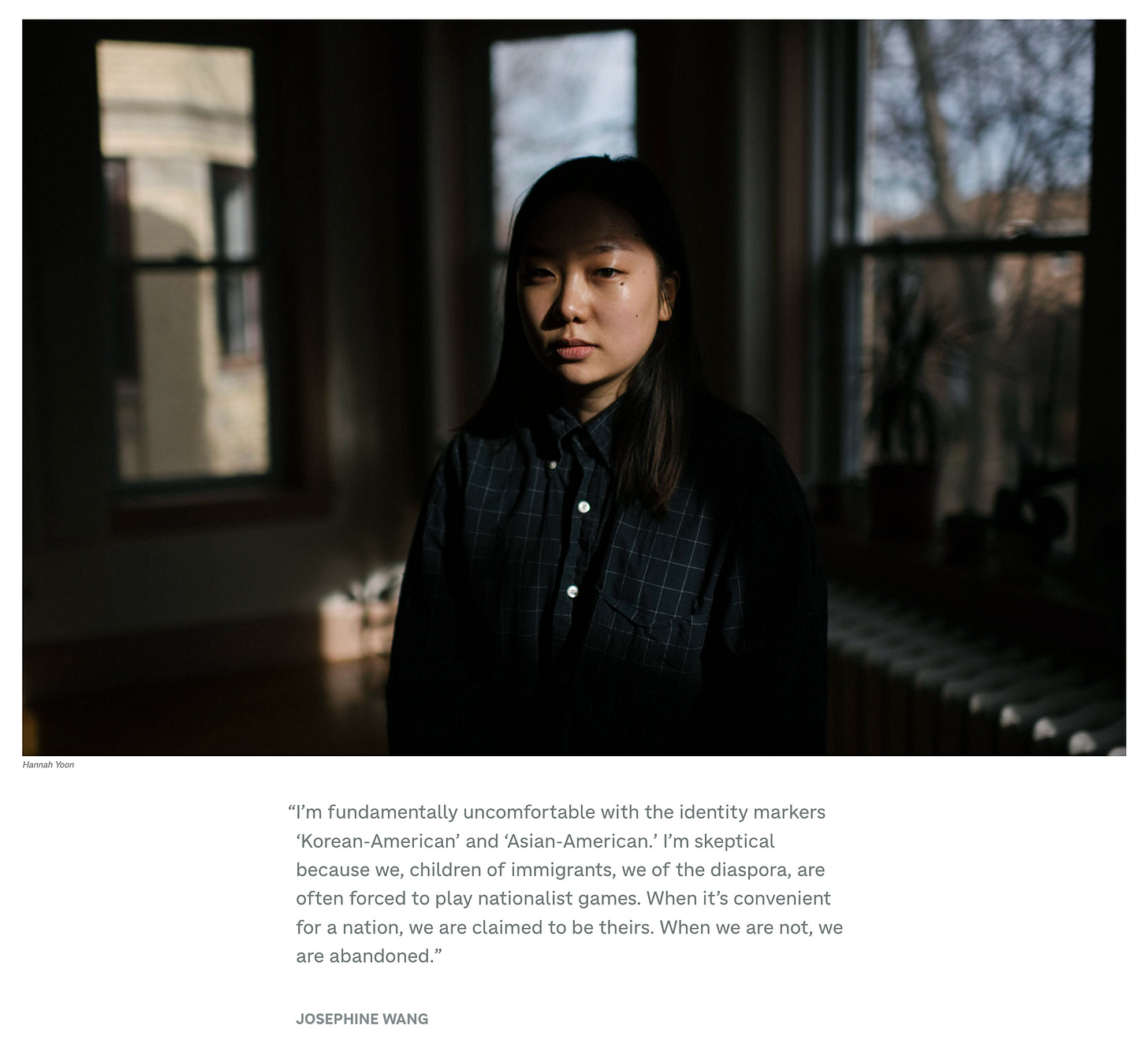

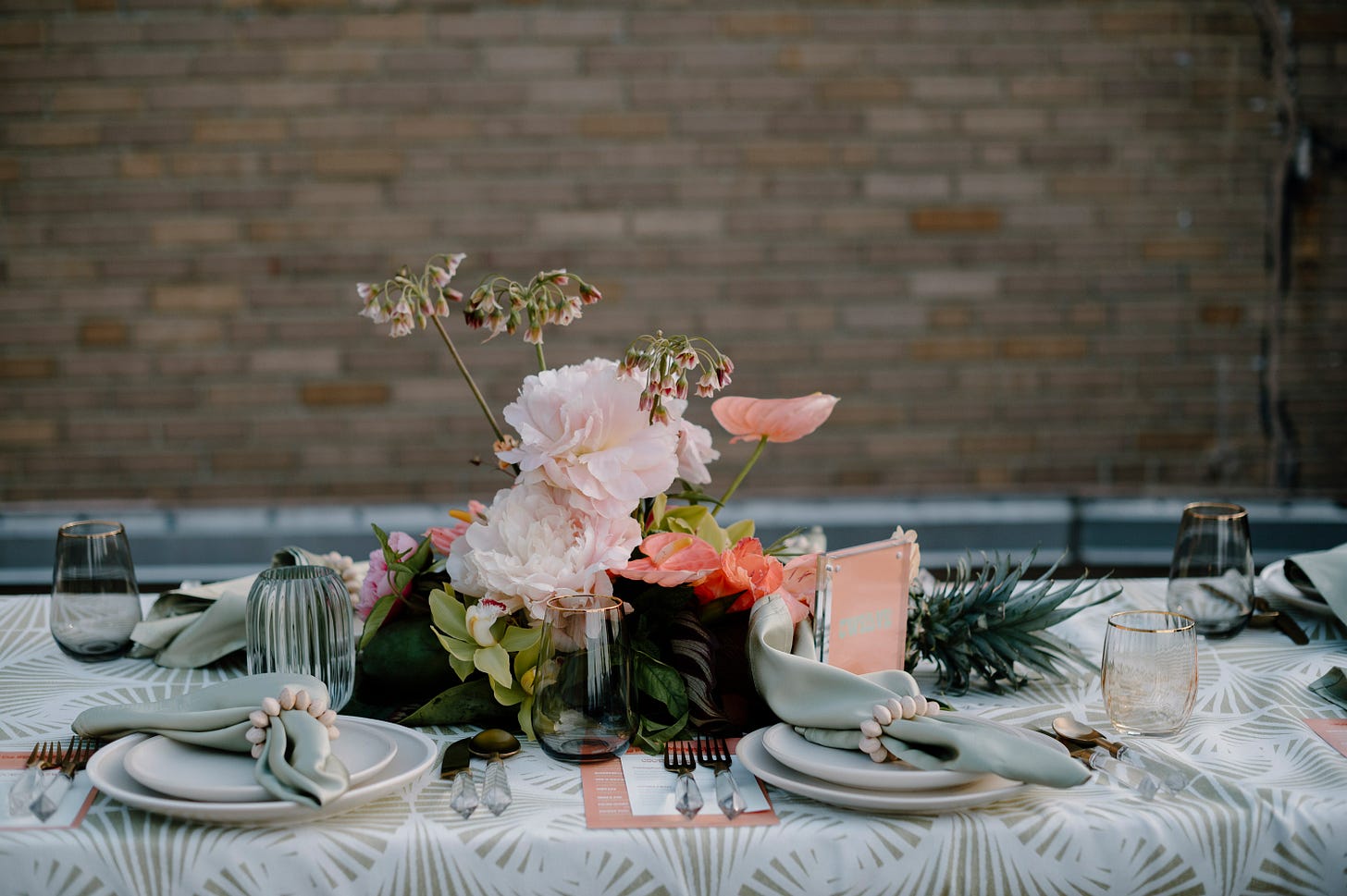

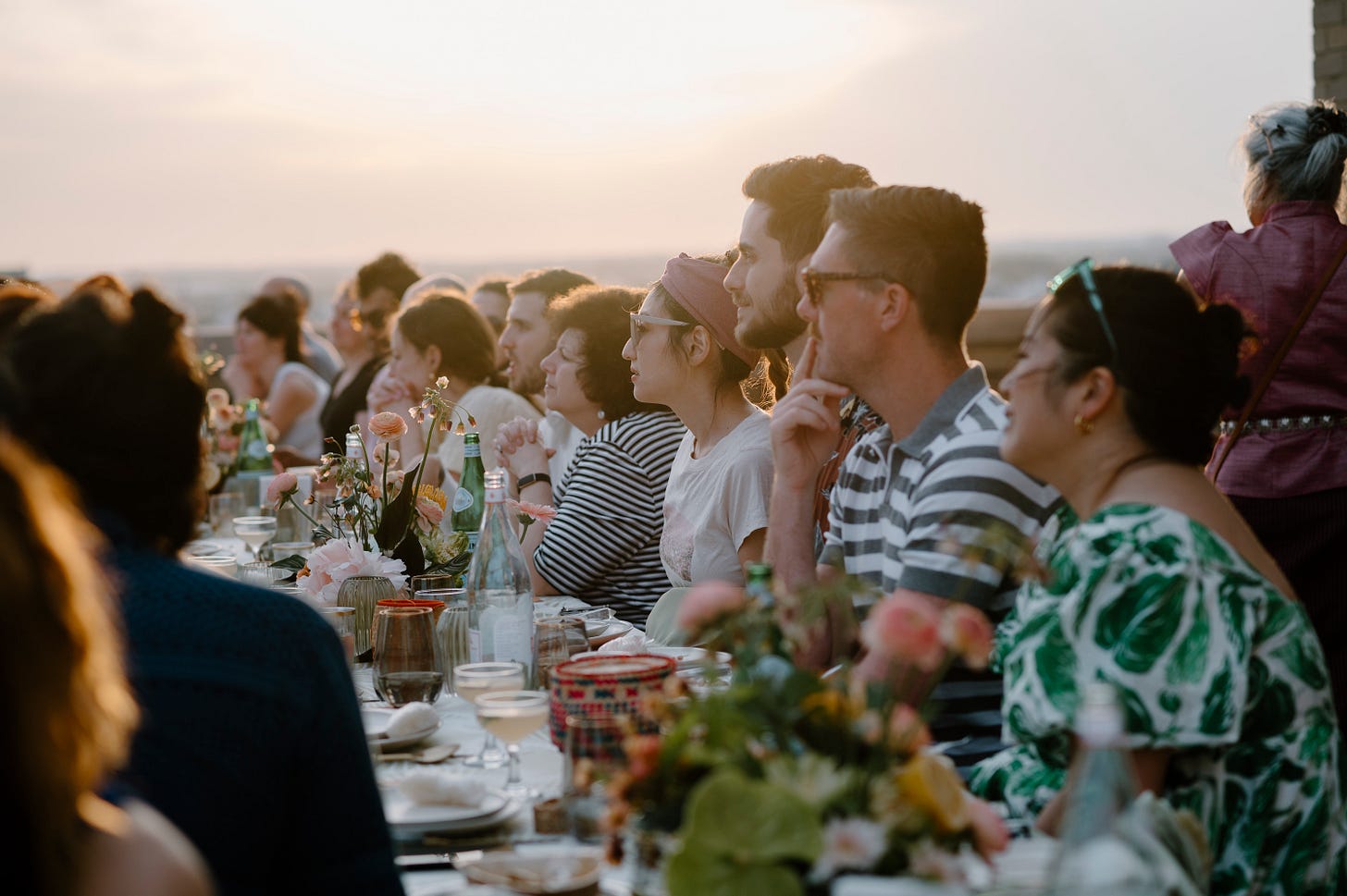
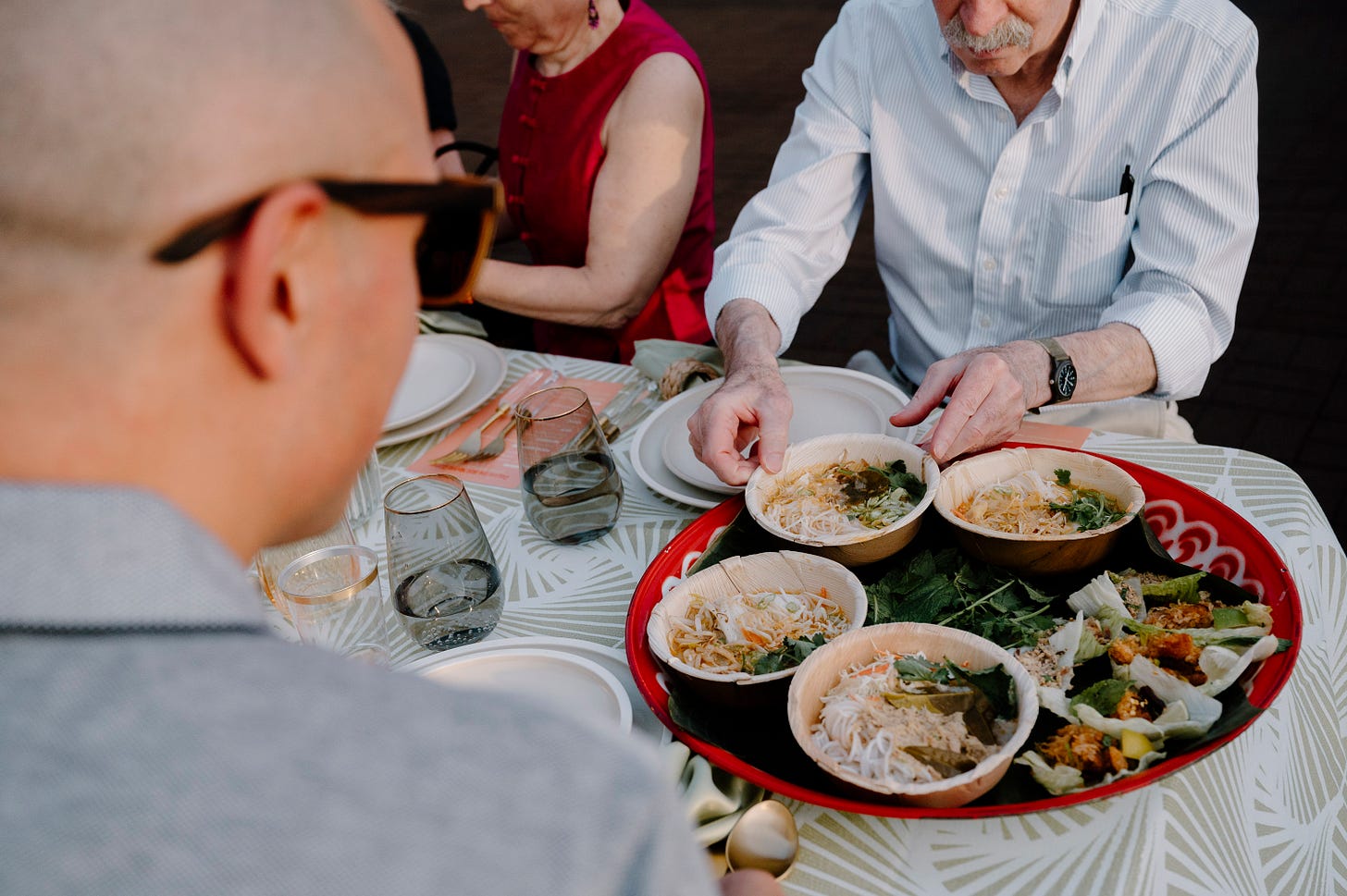



“I didn’t grow up in an occupied country, but I can feel it in my bones when there is a need to resist an attempt to erase who I am.” ✊🏼
Beautiful words